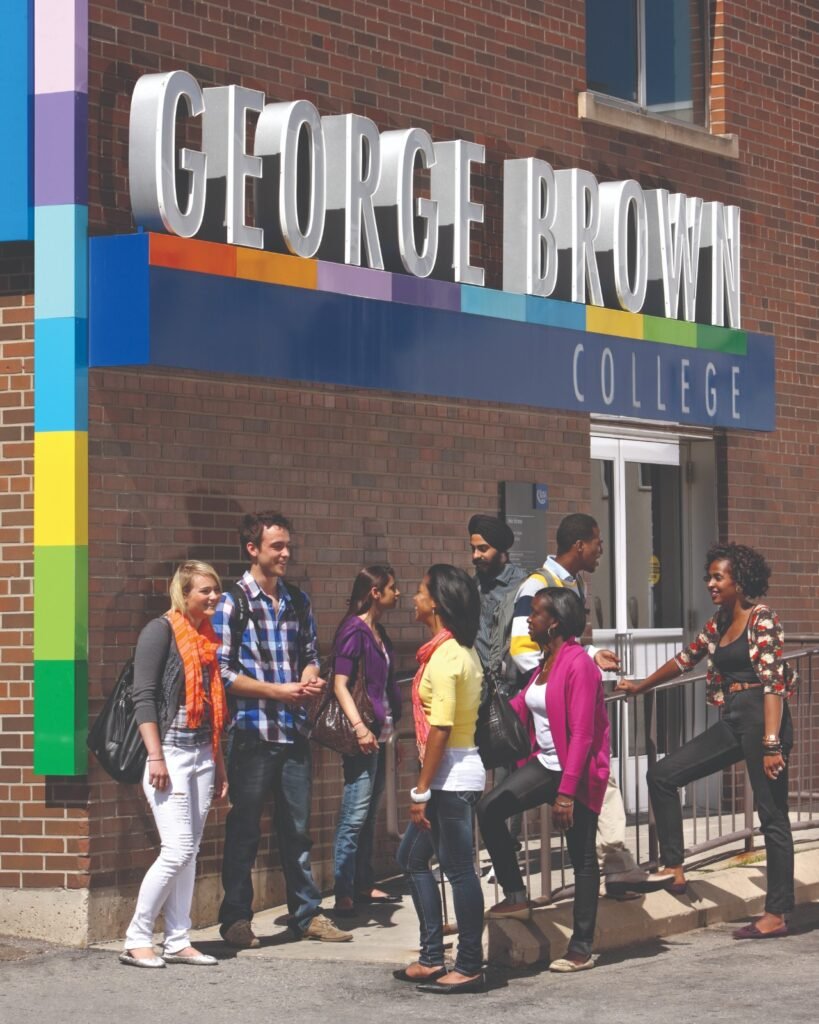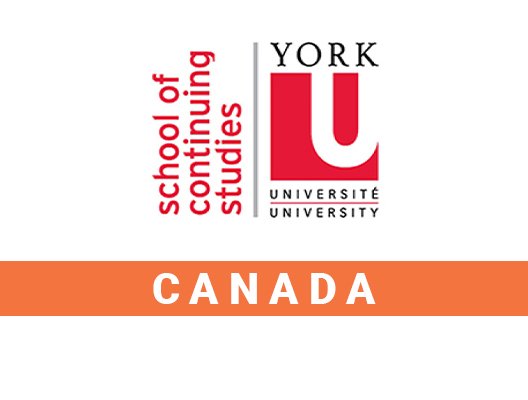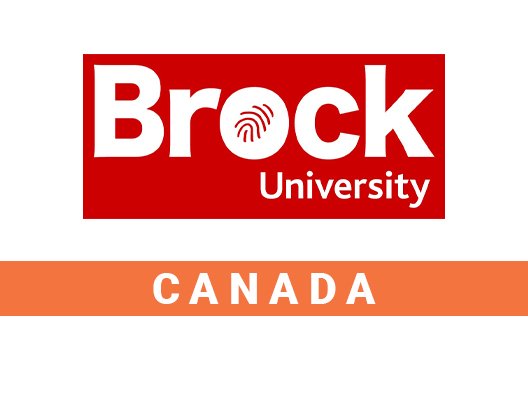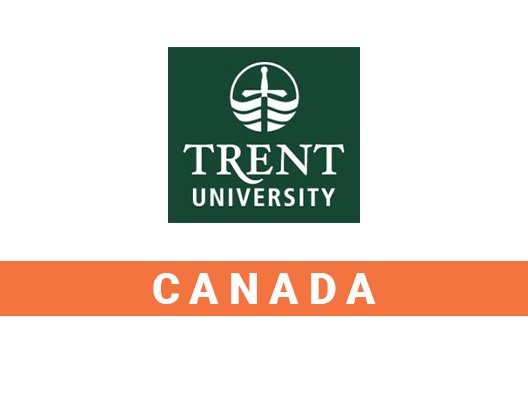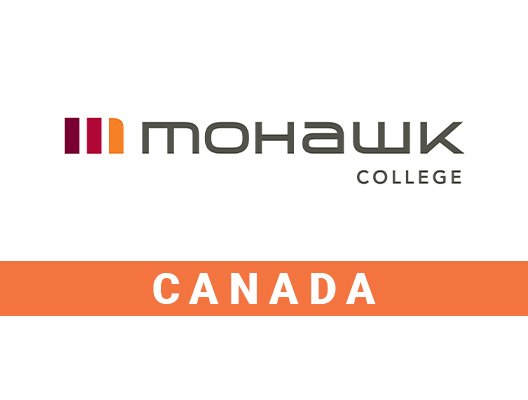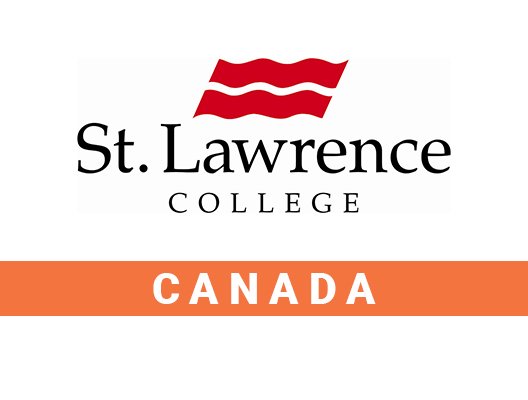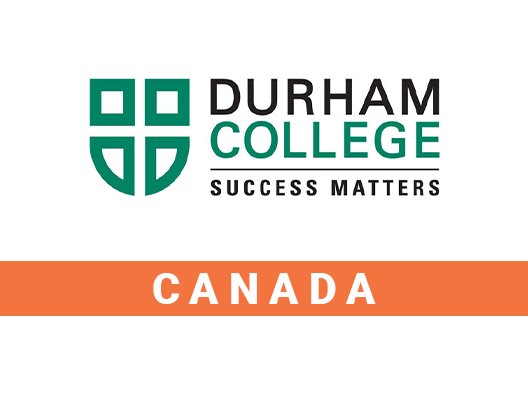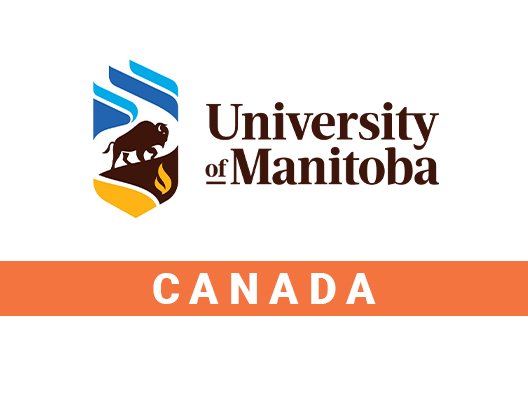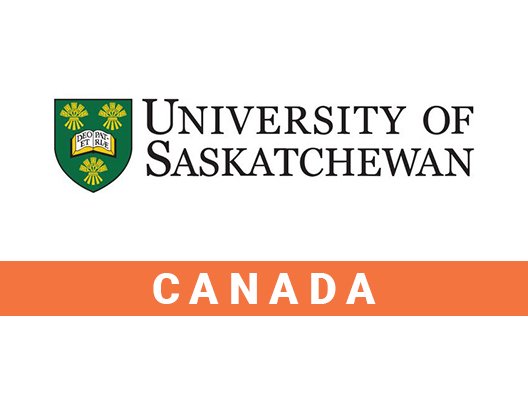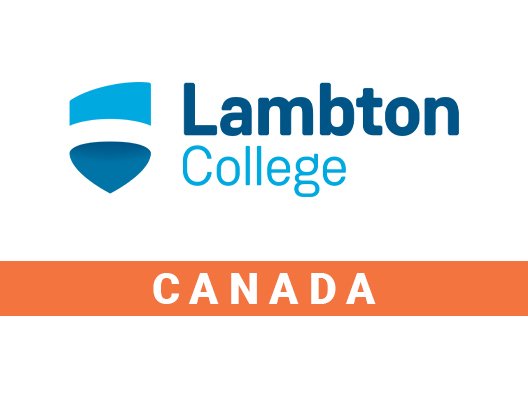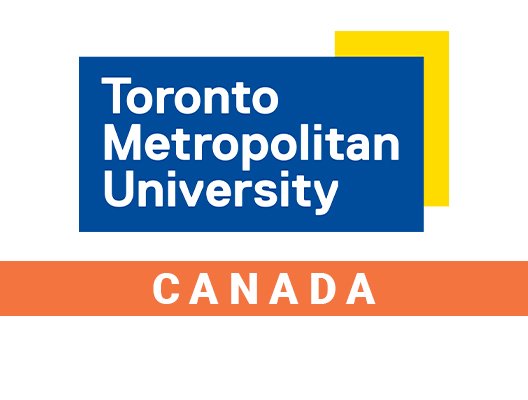
Canadian Education: Unleashing Your Path to Success
Discover the incredible opportunities available in Canadian higher education. Canada, known for its rigorous educational requirements and low living expenses, is currently a magnet for international pupils. Our simplified online consultancy service transforms the desire of studying in Canada from Pakistan into a reality. As you begin your educational journey, take advantage of Canada’s academic prowess, affordability, and dynamic cultural landscape. A Canadian degree not only establishes credibility, but it also offers up a world of professional prospects. With low tuition prices and a good return on the investments, Canada is an excellent alternative for overseas students. While requirements for admission differ, our expert guidance assures a seamless application procedure, including academic records, English proficiency tests, study permits, personal statements, along with the letters of recommendation. Embark your journey on the transforming experience of studying in Canada with confidence and ease..

